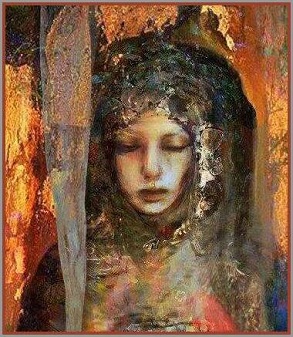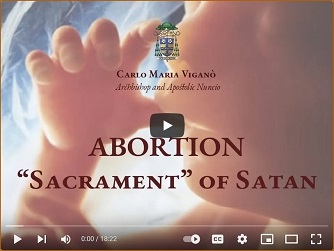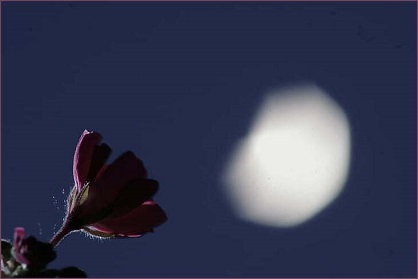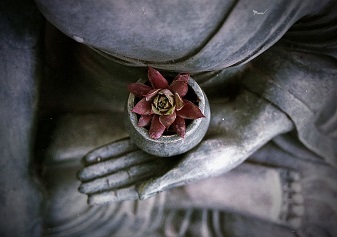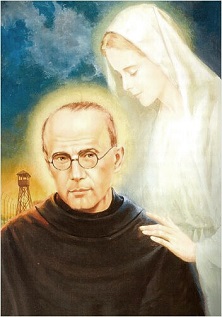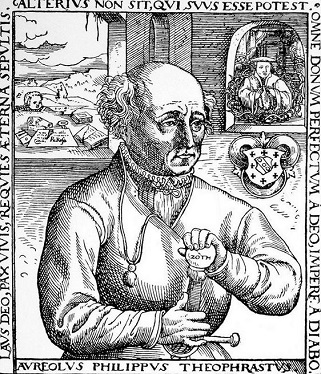Archbishop Viganò: I accuse Bergoglio of heresy and schism
Carlo Maria Viganò,
Archbishop, Life Site News
Editor’s note: The following essay is the full English translation of a statement from Archbishop Carlo Maria Viganò in response to the charge of schism from the Vatican’s Dicastery for the Doctrine of the Faith, published in Italian on June 28, 2024. (Life Site News)
Archbishop Carlo Maria Viganò argues that he is not in schism with the Catholic Church and accuses ‘Jorge Maria Bergoglio of heresy and schism,’ requesting that he be ‘removed from the throne which he has unworthily occupied for over 11 years.’
‘But even if we or an angel from heaven
Should preach to you a gospel other than the one that we preached to you,
let that one be accursed.
As we have said before, and now I say again,
if anyone preaches to you a gospel other than the one that you received,
let him be anathema.’ — Gal 1:8-9
“When I think that we are in the palace of the Holy Office, which is the exceptional witness of the Tradition and of the defense of the Catholic Faith, I cannot stop myself from thinking that I am at home, and that it is me, whom you call ‘the traditionalist,’ who should judge you.” So spoke Archbishop Marcel Lefebvre in 1979, when he was summoned to the former Holy Office, in the presence of the prefect, Cardinal Franjo Šeper, and two other prelates.
As I stated in my communiqué of June 20, I do not recognize the authority of the tribunal that claims to judge me, nor of its prefect, nor of the one who appointed him. This decision of mine, which is certainly painful, is not the result of haste or a spirit of rebellion; but rather is dictated by the moral necessity which, as bishop and successor of the apostles, obliges me in conscience to bear witness to the truth, that is, to God Himself, to Our Lord Jesus Christ.




